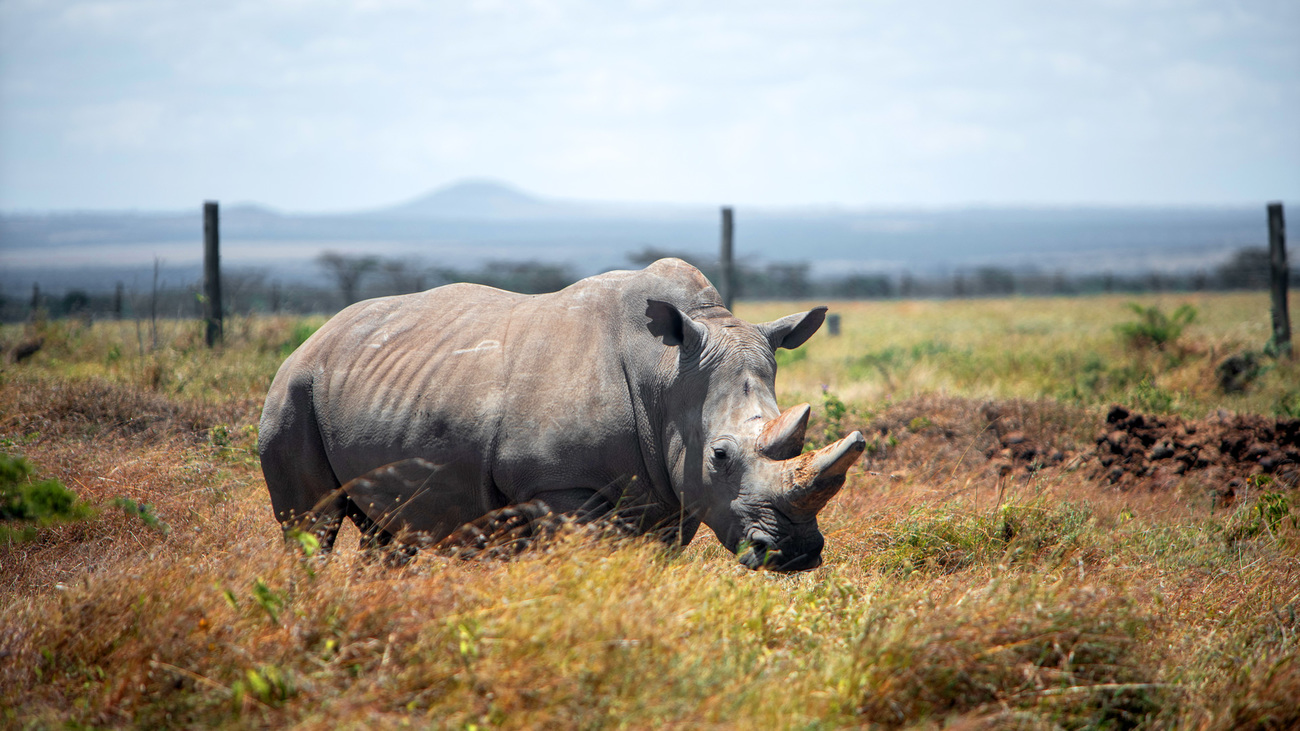Policy Conventions & Agreements - Global
Protection for wildlife & habitats is preserved in global agreementsUN summit to address wildlife species at risk from trade opens
UN summit to address wildlife species at risk from trade opens

Animals edging closer to extinction could be given a lifeline as world governments attend a UN summit aimed at safeguarding species from over-exploitation due to international trade.
Today marked the start of the 20th Conference of the Parties (CoP) of the Convention on International Trade in Endangered Species of Wild Fauna and Flora (CITES). Representatives from around the world have gathered in Samarkand, Uzbekistan where decisions will be made that could determine the future of numerous species at risk from international trade.
Experts from IFAW will be on-site recommending governments take decisive action to protect vulnerable species—those already teetering on the brink of extinction, and others that are also at risk without immediate safeguards.
“We are at a critical tipping point. Unsustainable wildlife trade is accelerating the extinction of many species, and addressing the rampant trade in wildlife is essential to prevent irreversible loss,” IFAW’s senior director of policy Matt Collis said.
“Every three years, we have a pivotal opportunity to put protections in place for some of the world’s most vulnerable species. We have an obligation for the future of the planet to make this count.”
“We’re at a critical juncture in time. Take the oceanic white tip shark – what’s decided upon here, could mean the difference between life or death - survival or extinction,” Collis added.
Of the 51 proposals to be discussed, IFAW’s experts will be recommending governments support seven proposals that would ban or regulate the commercial trade of products from several shark and ray species—most of which are classified as endangered or critically endangered on the IUCN Red List. These are due to be discussed on Thursday, November 27.
IFAW will also be recommending governments provide stronger protections for animals at risk of the exotic pet trade which is increasingly putting wild populations at risk.
This is the case for Galapagos iguanas which are being proposed for Appendix I – the highest protection possible. These iconic species, found only in Ecuador’s Galapagos archipelago, have long been targeted by the exotic pet trade.
Appendix II protections have been proposed for Hoffmann's two-toed sloths and Linnaeus’s two-toed sloths, which are increasingly taken from their natural habitats and sold into roadside “sloth encounter” attractions or as pets.
Two species of Australian leaf-tailed geckos—highly sought after in the exotic pet trade—have also been put forward for Appendix II protections. All these proposals are scheduled to be discussed on Tuesday, December 2.
“The international wildlife has also shifted in recent years, from wanted dead, now to alive. The trade of derivatives from wildlife was what historically dominated these conversations. Now, the exotic pet trade—fuelled largely by social media, has seen a surge in animals being stolen from the wild and sold as pets,” Collis added.
IFAW will once again urge governments to reject proposals to enable government-owned stockpiles of elephant ivory and rhino horn to be sold. These controversial proposals are due to be debated on Saturday, November 29.
Finally, IFAW will be asking governments to keep Appendix II protections in place for all giraffes. This vote is expected on Friday, November 28.
ENDS
Notes to editors
Although the schedules are subject to change, decisions are so far expected to take place on the following days:
- 27 November - sharks and rays
- 28 November – giraffes
- 29 November – rhinos and elephants
- 2 December – iguanas, sloths, geckos
For more detailed information on species and listings click here, and for more information on what IFAW is doing at CoP20 click here.
Please provide your phone number should you wish to receive our WhatsApp broadcast updates where we will share real-time updates. We will remove your details after, as requested.
IFAW has experts on the ground that are available on request for press briefings, which can be facilitated through the contacts below.
Press contacts:
Dominica Mack dmack@ifaw.org / +61 460 432 901
Kirsty Warren kwarren@ifaw.org / +44 (0) 7809269747
Related content
Every problem has a solution, every solution needs support.
The problems we face are urgent, complicated, and resistant to change. Real solutions demand creativity, hard work, and involvement from people like you.